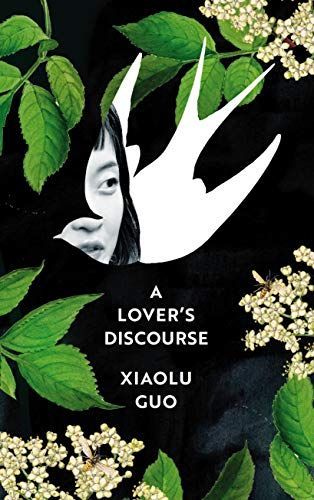
Reviews
Jales@jales
Alexia Cambaling@alexiacambaling
agnese@agnese
aywen@aywen
asha@ashabella
kate@katelucia
Sinuo Guo@sinulienka
Rachel O.@ongrchl
Laura Hurst@sunspawn
Charlotte @readwithchar
Bec@becandbooks
Krista Kirby@hiraeith
Mario Menti @mario
Vera@yuyuv
Highlights
soochie@soochie
Page 191